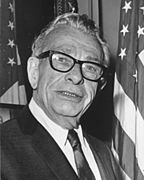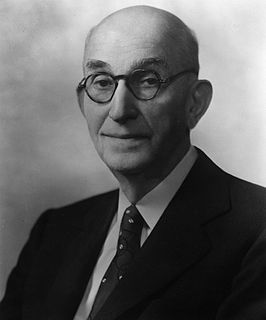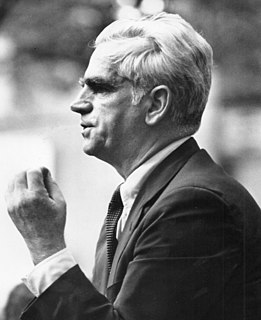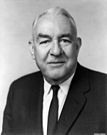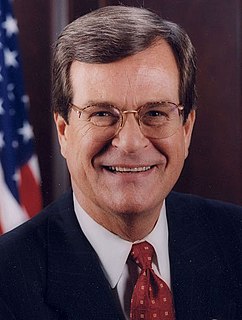
The 1998 United States Senate elections were held on November 3 and seen as an even contest between the Republican Party and Democratic Party. While the Democrats had to defend more seats up for election, Republican attacks on the morality of President Bill Clinton failed to connect with voters and anticipated Republican gains did not materialize. The Republicans picked up open seats in Ohio and Kentucky and narrowly defeated Democratic incumbent Carol Moseley Braun (Illinois), but these were cancelled out by the Democrats' gain of an open seat in Indiana and defeats of Republican Senators Al D'Amato and Lauch Faircloth. The balance of the Senate remained unchanged at 55–45 in favor of the Republicans. With Democrats gaining five seats in the House of Representatives, this marked the first time since 1934 that the out-of-presidency party failed to gain congressional seats in a mid-term election, and the first time since 1822 that the party not in control of the White House failed to gain seats in the mid-term election of a President's second term. These are the last senate elections that resulted in no net change in the balance of power.

The 1982 United States Senate elections were held on November 2, 1982. They were elections for the United States Senate following Republican gains in 1980. A total of four seats changed hands between parties, and the lone independent, Senator Harry Byrd Jr., retired. Democrats made a net gain of one seat in the elections. A special election in 1983 was then held after the winner of Washington's 1982 election died at the beginning of the term.

The 1978 United States Senate elections in the middle of Democratic President Jimmy Carter's term. Thirteen seats changed hands between parties. The Democrats at first lost a net of two seats to the Republicans, and then one more in a special election. Democrats nevertheless retained a 58-41 majority.

The 1972 United States Senate elections coincided with the landslide re-election of Republican President Richard Nixon. Despite Nixon's victory, Democrats increased their majority by two seats. After the elections, Democrats held 56 seats and Republicans held 42 seats, with 1 Conservative and 1 independent Senator. These were the first elections in which all citizens at least 18 years of age could vote due to the 1971 passage of the 26th Amendment.

The 1970 United States Senate elections was an election for the United States Senate, taking place in the middle of Richard Nixon's first term as President. The Democrats lost a net of three seats, while the Republicans and the Conservative Party of New York picked up one net seat each, and former Democrat Harry F. Byrd Jr. was re-elected as an independent.

The 1964 United States Senate elections coincided with the election of President Lyndon B. Johnson by an overwhelming majority, to a full term. His Democratic Party picked up a net two seats from the Republicans. As of 2019, this is the last time either party has had a two-thirds majority in the Senate, which would have hypothetically allowed the Senate Democrats to override a veto, convict and expel certain officials, or invoke cloture without any votes from Republicans. The Senate election coincided with Democratic gains in the House in the same year.

Maryland's 8th congressional district stretches from the northern Washington, D.C. suburbs north towards the Pennsylvania border. The district is currently represented by Democrat Jamie Raskin.

The 1996 United States elections were held on November 5. Democratic President Bill Clinton won re-election, while the Republicans maintained their majorities in both houses of the United States Congress.
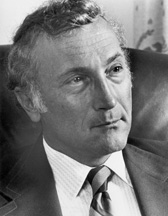
The 1968 United States Senate election in Pennsylvania was held on November 5, 1968. Incumbent Democratic U.S. Senator Joseph S. Clark, Jr. sought re-election to another term, but was defeated by Republican nominee Richard Schweiker.

The 1978 United States Senate election in Delaware was held on November 7, 1978. Incumbent Democratic United States Senator Joe Biden won re-election to a second term, defeating Republican challenger James H. Baxter Jr..

The 1982 United States Senate election in Indiana was held on November 2, 1982. Incumbent Republican United States Senator Richard Lugar faced Democratic United States Representative Floyd Fithian in the general election. Lugar won with a margin of 53% of the vote, compared to Fithian's 46%.
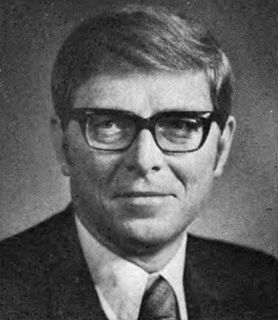
The 1984 United States Senate election in New Mexico took place on November 6, 1984. Incumbent Republican U.S. Senator Pete Domenici successfully ran for re-election to a third term, defeating Democrat Judith Pratt.

The 1972 United States Senate election in New Mexico took place on November 7, 1972. Incumbent Democratic U.S. Senator Clinton Presba Anderson did not run for re-election. Republican Pete Domenici defeated Democrat Jack Daniels to win the open seat.
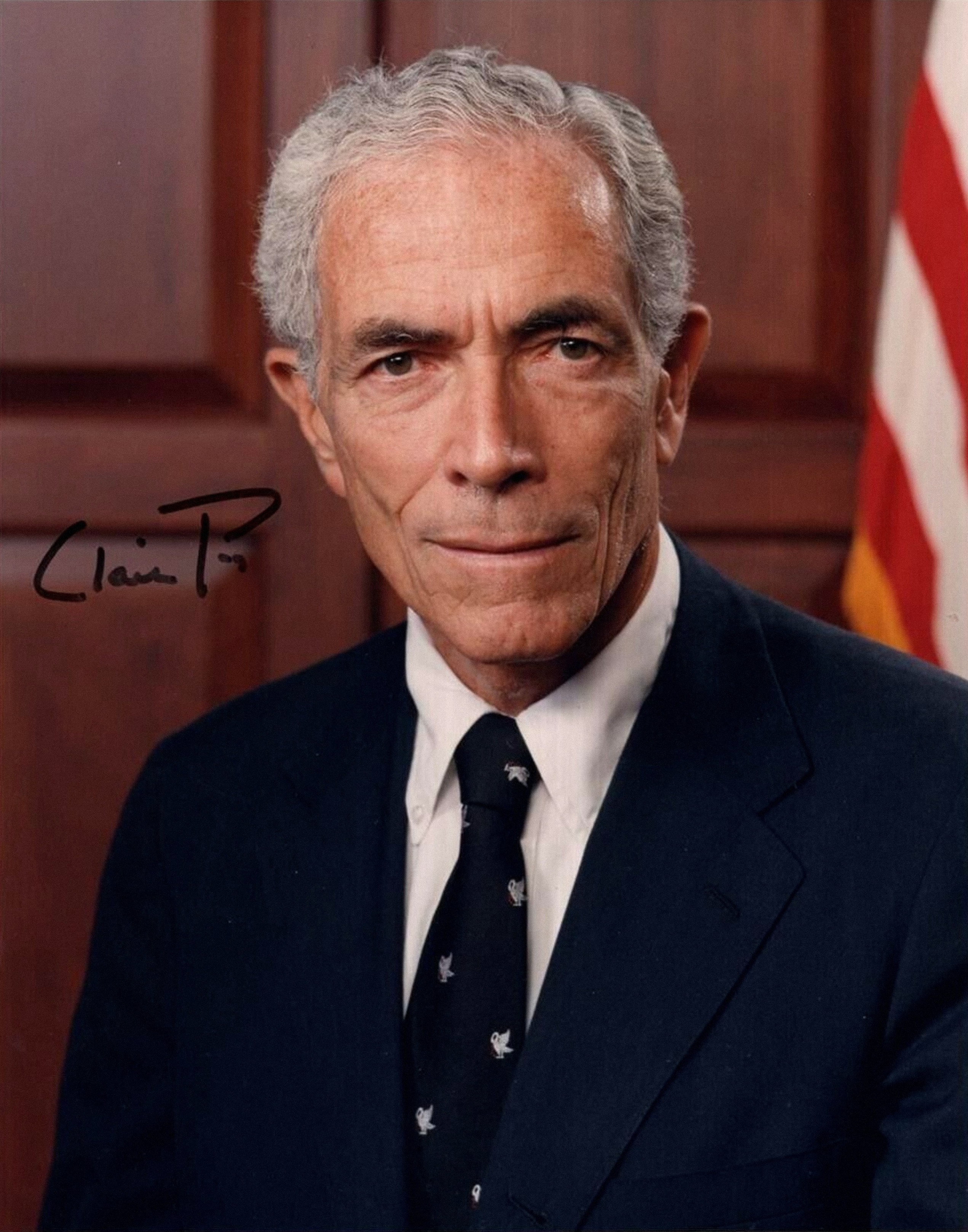
The 1978 United States Senate election in Rhode Island took place on November 7, 1978. Incumbent Democratic U.S. Senator Claiborne Pell successfully sought re-election, defeating Republican James G. Reynolds.

The 1948 United States Senate election in Montana took place on November 2, 1948. Incumbent United States Senator James E. Murray, who was first elected to the Senate in a special election in 1934 and was re-elected in 1936 and 1942, ran for re-election. After winning the Democratic primary, he faced Tom J. Davis, an attorney and the Republican nominee, in the general election. Following a narrow re-election in 1936, Murray significantly expanded his margin of victory and comfortably won re-election over Davis, resulting in him winning his fourth term and his third full term in the Senate.

The 1954 United States Senate election in Montana took place on November 2, 1954. Incumbent United States Senator James E. Murray, who was first elected to the Senate in a special election in 1934 and was re-elected in 1936, 1942, and 1948, ran for re-election. After winning the Democratic primary against trivial opponents, he advanced to the general election, where he was opposed by Wesley A. D'Ewart, the Republican nominee and the United States Congressman from Montana's 2nd congressional district. A contentious and close election ensued, but ultimately, Murray was able to narrowly win re-election over D'Ewart to a final term in the Senate.

The 1960 United States Senate election in Montana took place on November 8, 1966. Incumbent United States Senator Lee Metcalf, who was first elected to the Senate in 1960, ran for re-election. He won the Democratic primary uncontested, and moved on to the general election, where he was opposed by Tim M. Babcock, the Republican nominee and the Governor of Montana. Though the race remained close, Metcalf was able to expand on his 1960 margin of victory, and defeated Babcock to win a second term.

The 1984 United States Senate election in Montana took place on November 6, 1984. Incumbent United States Senator Max Baucus, who was first elected in 1978, ran for re-election. He easily won renomination in the Democratic primary, and advanced to the general election, where he faced Chuck Cozzens, a former State Representative and the Republican nominee. Despite President Ronald Reagan's strong performance in the state that year, Baucus was able to easily win a second term over Cozzens.

The 1922 United States Senate election in Montana took place on November 7, 1922. Incumbent United States Senator Henry L. Myers, who was first elected to the Senate in 1910, and was re-elected in 1916, declined to seek re-election. Former United States Attorney Burton K. Wheeler won the Democratic primary and advanced to the general election, where he faced Carl W. Riddick, the United States Congressman from Montana's 2nd congressional district and the Republican nominee. Ultimately, Wheeler defeated Riddick comfortably and won his first term in the Senate.

The 1946 United States Senate election in Montana took place on November 5, 1946. Incumbent United States Senator Burton K. Wheeler, who was first elected to the Senate in 1922, and was re-elected in 1928, 1934, and 1940, ran for re-election. He was challenged in the Democratic primary by Leif Erickson, the Chief Justice of the Montana Supreme Court, and, following a close election, was narrowly defeated by Erickson. In the general election, Erickson faced State Senator Zales Ecton, the Republican nominee. Ultimately, Ecton defeated Erickson by a fairly wide margin, and won his first and only term in the Senate.




